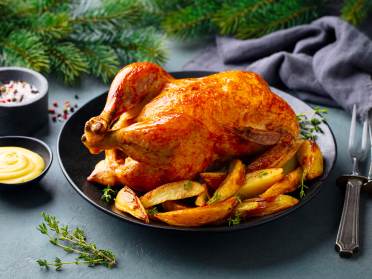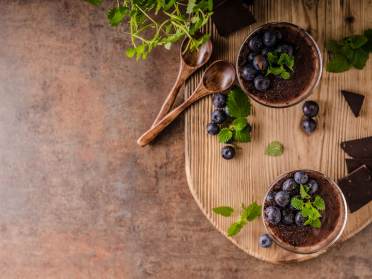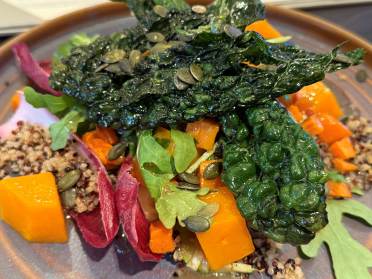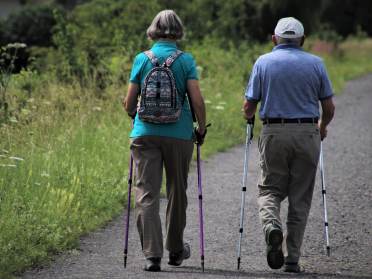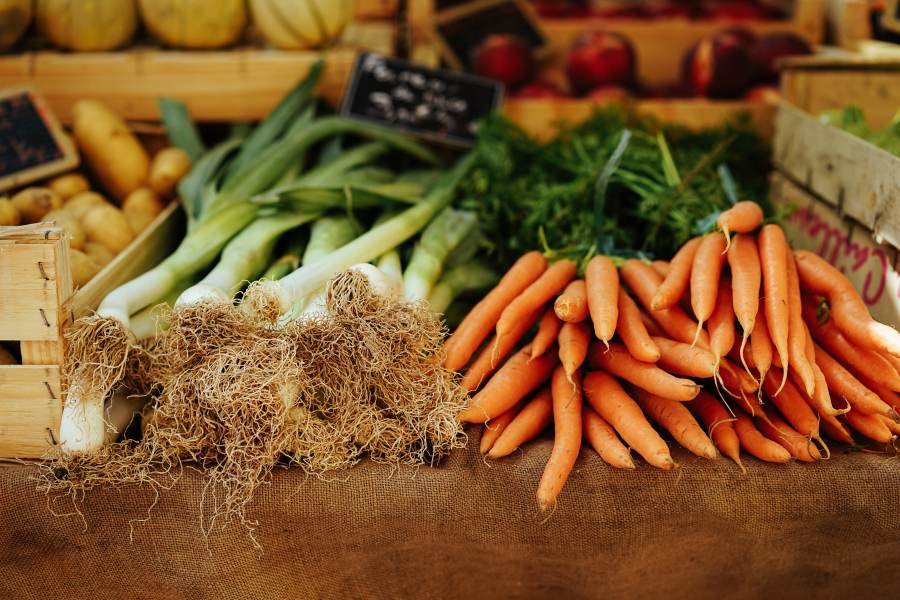
It’s no surprise to hear that, as we age, we naturally become more susceptible to living with certain health conditions. However, the brighter news is that we tend to also have more time to take control of our health, which obviously includes eating the right foods for our age group.
As we grow older, we generally need fewer calories and more nutrient-dense foods, due to the fact that we are typically less active than we used to be which in turn impacts our metabolism. We might also need to support specific areas of our health through individual, targeted diet and lifestyle choices.

One such example of this surrounds our production of vitamin D, which lowers as our skin becomes less efficient at producing it, and we spend less time in full sunlight. Vitamin D is vital for our immune system and helps our bodies to absorb calcium, which maintains all-important bone density.
Therefore, it’s imperative that we obtain more vitamin D through our diet, focusing on vitamin D-rich foods such as oily fish, free-range eggs and mushrooms, as well as some fortified foods.
The ageing process also equates to a decrease in stomach acid and fewer digestive enzymes, which can ultimately result in a deficiency in vitamin B12. This vitamin is essential for the manufacture of oxygen-carrying red blood cells, as well as the health of our DNA and nervous tissue.
As explained on the NHS website, we need vitamin B12 to stay healthy, as low levels of it have been shown to increase the risk of fatigue, cardiovascular heart disease, cognitive dysfunction, dementia and osteoporosis. With these very serious risks in mind, it’s important to eat the right foods to prevent our vitamin B12 levels dropping. Good choices include liver, fish, lean meat, free-range eggs and fortified foods, such as cereals, soya milk and yeast extracts.
Stomach acid is one of the frontline defences against infection, due to the fact that it destroys harmful microorganisms. It plays a vital role in helping us to digest carbohydrate and protein foods, while absorbing other essential nutrients such as calcium, iron, folate and vitamin D.
Generally improving our digestion by eating regular meals, seated and relaxed, chewing food to a cream and drinking little during a meal can also help to boost the absorption of all nutrients that keep us healthy.
More about health and wellbeing on Audley Stories.




